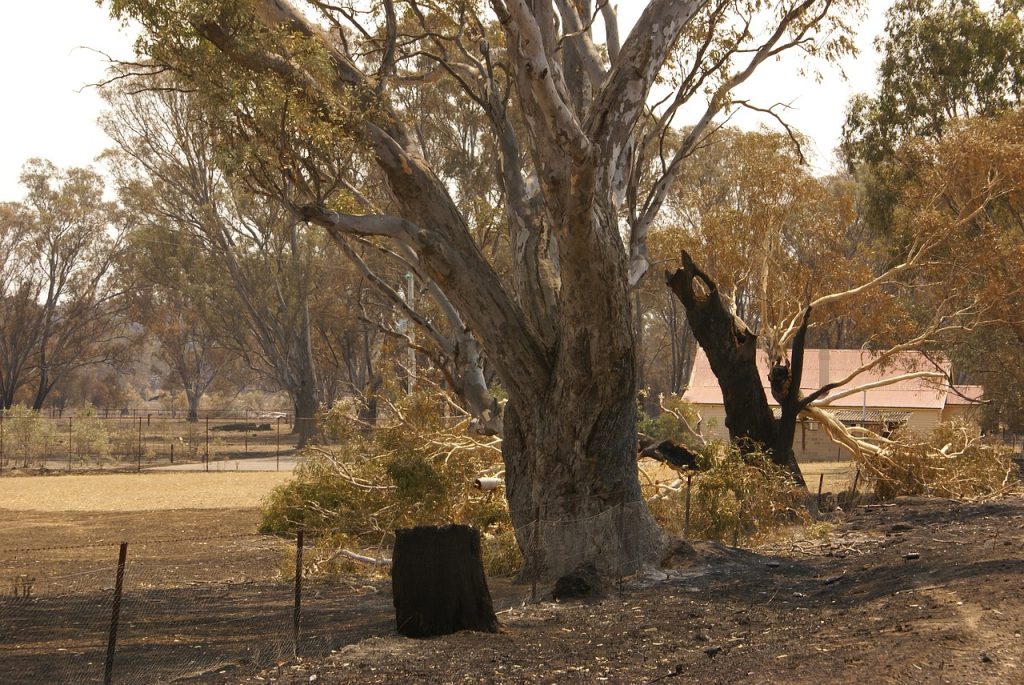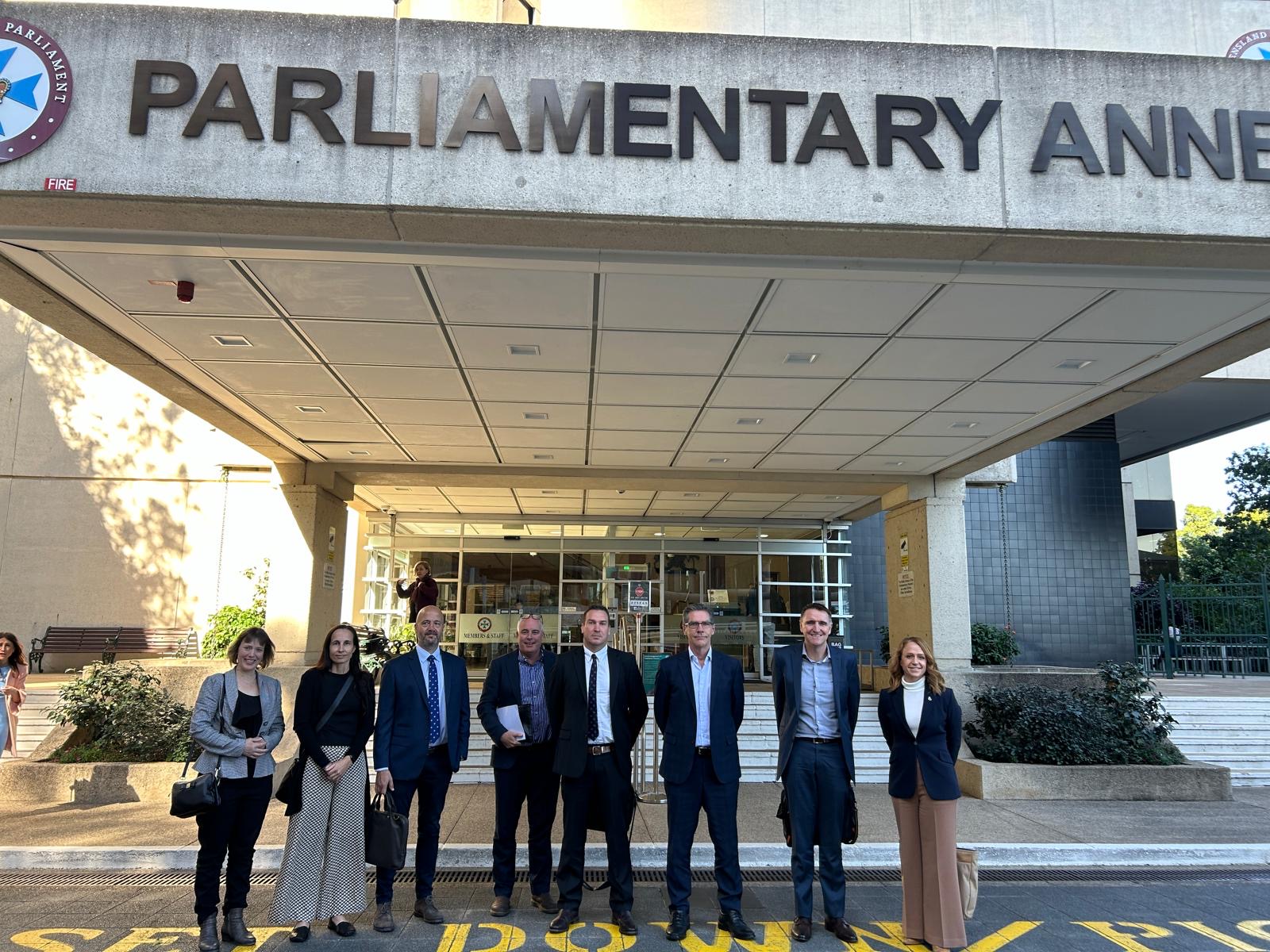Agricultural Resources
See below list of agricultural resources and contact information for those affected by the recent bushfire emergencies.
For the most current information and updates, please visit:
National Bushfire Recovery Agency
Assistance for Farmers affected by the Bushfires
To support primary producers directly impacted by the bushfire crisis deal with their immediate needs, the Commonwealth government is providing grants of up to $75,000. VIEW HERE
Assistance for Small Business Affected by the Bushfires
The Australian and state and territory governments are helping small businesses in bushfire affected communities get back up on their feet. This includes support for small businesses to recover and rebuild. VIEW HERE
Dairy Australia: Industry Brief
Bushfires January 2020 Dairy industry impacts and response. Includes updates on the of the fires on the dairy industry across VIC, SA and NSW. VIEW HERE
Latest Alerts
Victoria
New South Wales
South Australia
Tasmania
Western Australia
NSW
- State recovery assistance services
- Fodder and water for stock: Local Land Services and NSW DPI, 1800 814 647
- Stock loss and assessment: Local Land Services and NSW DPI, 1800 814 647
- Animal facilities for relocated livestock
- Animal Safe Places
- NSW Disaster Welfare Assistance Line, 1800 018 444
- Information regarding Disaster Recovery Allowance (DFA) or Disaster Recovery Payment, 180 22 66
- Mental health support:
– NSW Mental Health Line, 1800 011 511
– Rural Adversity Mental Health Program (RAMHP)
Victoria
- State recovery assistance services
- Fodder requests and donations: Victorian Farmers Federation, 1300 882 833
- Stock loss and assessment: Agriculture Victoria, 1800 226 226
- Information on assessing fire-affected livestock
- Information on assistance and livestock management services
- Information on Disaster Recovery Allowance (DFA) and Disaster Recovery Payment, 180 22 66
- For information on Emergency Relief Assistance Payments, visit one of the following relief centres:
– Bairnsdale Football Pavilion – Dalmahoy Street, Bairnsdale
– Kernot Hall, 50-70 Princes Drive, Morwell
– Sale Baptist Church, cnr Princes Hwy and Cobains Rd, Sale - Mental health support: Latrobe Regional Hospital East Gippsland Community Mental Health Service
– Sale, 03 5143 1212 (AH: 1300 363 322)
– Bairnsdale, 03 5150 3444 (AH: 1300 363 322)
– Orbost, 03 5154 1807 (AH: 1300 363 322)
South Australia
- State recovery assistance services
- Fodder requests and donations: Livestock SA, 0419 035 459 / 08 8297 2299
- Stock loss and assessment: PIRSA, 1800 255 556
- Mental health support:
– Regional Access, 1300 032 186
Queensland
- State recovery assistance services and Queensland Rural and Industry Development Authority
- Fodder requests and donations, 1800 623 946
- Mental health support:
– Mental Health Association of Queensland
– NQ Connect, 1300 059 625
Western Australia
- State recovery assistance services or the Department of Primary Industries and Regional Development (DPIRD), 1800 198 231
- Fodder assistance: Department of Fire and Emergency Services, 08 9395 9341
- Stock loss and assessment: animal.welfare@dpird.wa.gov.au
- Mental health support:
– Crisis Care counselling service, 1800 199 008
– Mental Health Emergency Response Line, 1300 555 788
National
Managing Animal Biosecurity
- All livestock movements, especially after a natural disaster, pose a biosecurity threat. If possible, record all stock movements between PIC¢s in the NLIS database and if circumstances allow aim to move livestock a property that is LPA accredited
- During times of natural disaster, you may receive or need to procure fodder from unfamiliar suppliers. There can be risks associated with unfamiliar fodder such as chemical contamination, weed seed, restricted animal material, and poor quality or unsuitable feed for your class of livestock. Where possible, request a Commodity Vendor Declaration (CVD) for any purchased fodder and keep a record of all feed that has been bought in and the animals it was fed to
- When humane destruction is necessary, appropriate methods must be used by people who have the experience, knowledge skills and tools these are outlined in the Australian Animal Welfare Standards and Guidelines. Please check with your local and state authorities for advice on appropriate carcass disposal methods and any specific health risks in your area.
This information has been issued by the Australian Government Department of Agriculture and FarmHub.






